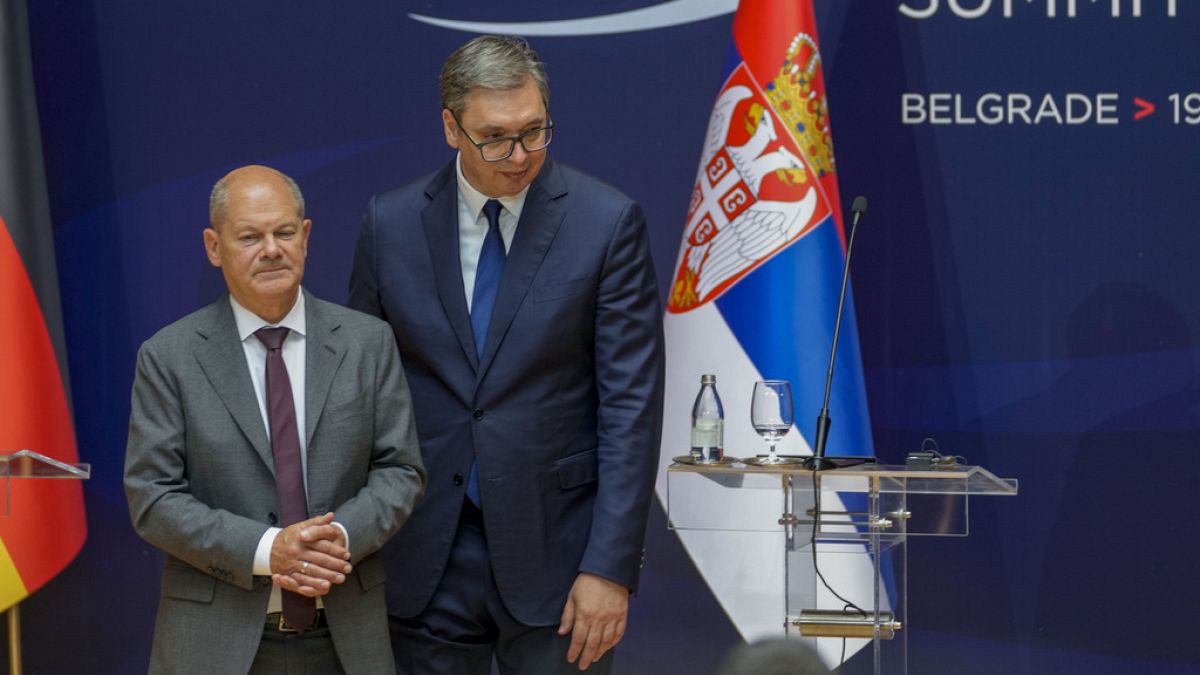The European Union and Serbia have signed a cooperation agreement aimed at securing the supply of critical raw materials, including lithium, a key component for the energy transition and the development of electric vehicles. The agreement, signed by European Commission Vice President Maroš Šefčovič and Serbian President Aleksandar Vučić, is seen as a significant step towards closer cooperation between the Balkan nation and the EU. The EU hopes to access large supplies of lithium through this partnership, as well as build up supply chains for raw materials, batteries, and electric vehicles.
The agreement also focuses on enhancing research and development, skills development, and attracting investment through various EU instruments. It emphasizes the application of high environmental, social, and governance standards throughout the value chains, including increased due diligence and traceability for the battery value chain. The EU executive stated that the partnership aims to drive forward the green transition and unlock opportunities for sustainable growth, innovation, and integration of Serbia with the EU’s single market.
The signing of the agreement comes shortly after Serbia’s government approved a controversial mining project backed by Rio Tinto near Loznica, marking a significant development in the country’s efforts to access its lithium reserves. The decision to revoke the license for the mining project was deemed unconstitutional, leading to renewed protests and arrests. Despite these challenges, the agreement with the EU is viewed as a strategic move by Serbia towards aligning with EU norms and strengthening its integration with the European bloc.
Serbia has faced criticism from the European Parliament over its ties with Russia and concerns about the conduct of general elections, but through initiatives like this cooperation agreement, the country is reaffirming its commitment to its EU path. The signing of the agreement between the EU and Serbia is the 14th partnership of its kind on raw materials and aims to bolster supply chains for electric vehicle manufacturing. The agreement reflects a shared commitment to driving forward the green transition and fostering sustainable growth, innovation, and convergence with EU standards.
German Chancellor Olaf Scholz attended the critical raw materials summit in Belgrade to offer German support for investment in the lithium value chain. The collaboration is expected to bring billions of investments and significant progress for Serbia. Scholz emphasized the importance of ensuring that the mining project is carried out under the best possible conditions to minimize risks to the environment. The focus on responsible and sustainable extraction of lithium underscores the commitment of both the EU and Serbia to promoting environmentally-friendly practices in the mining sector.
Overall, the cooperation agreement between the EU and Serbia marks a significant step towards strengthening ties between the two entities and advancing the green transition agenda. By focusing on critical raw materials such as lithium and fostering collaboration in key sectors like electric vehicle production, the partnership aims to drive sustainable growth, innovation, and integration of Serbia with the EU single market. This strategic move by Serbia highlights its commitment to EU norms and standards, positioning itself as a key player in the transition towards a more sustainable and green economy.











